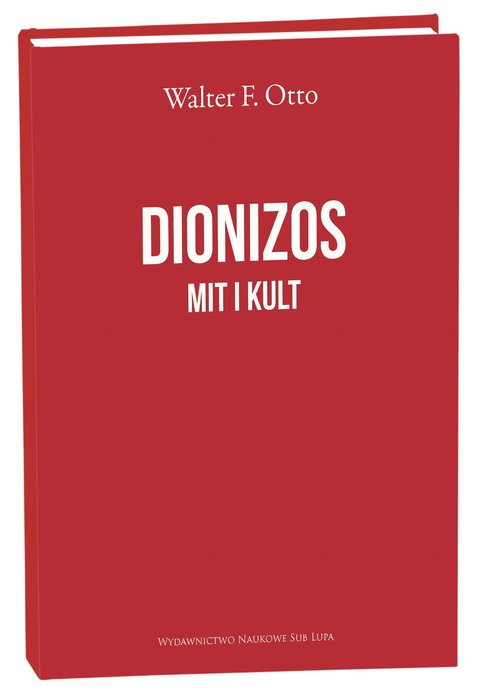
In contrast to Nilsson, Otto’s interpretation of Greek religion emphasised intense and authentic religious experience, which became the substance of the “vision” (das Schauen) of the believer. German experts on classical culture for long treated Otto’s interpretations sceptically or outright grudgingly, and Martin Nilsson, regarded as a great authority, harshly assessed his Dionysus (first edition: 1933), today recognised as a classic. In doing so he considered himself to be a polytheist and a pantheist, in the manner of Goethe. Otto embarked upon his scientific path by pursuing Latin studies and linguistics previously, he studied Roman and, subsequently, Greek religions, perceiving the latter as a supreme achievement of religious thought, and claiming that the foundation of Greek polytheism was a religious attitude toward Being (das Sein), which he contrasted with Christianity. His theoretical interests in religious beliefs were enrooted in the philosophy of Friedrich Nietzsche and close to Martin Heidegger. Moreover, he played a prominent part in entire German culture of the period as an impressive humanist deeply convinced about the significance of Greek culture for modern European culture as a whole and, in particular, for German humanism. Summary/Abstract: Walter Friedrich Otto (1874–1958) was one of the most outstanding representatives of German twentieth-century Altertumswissenschaft.

Published by: Instytut Sztuki Polskiej Akademii Nauk Keywords: Walter Otto Eleusis Greece Subject(s): History, Language and Literature Studies, Theology and Religion

Otto, the Greek Gods and Eleusis Author(s): Włodzimierz Lengauer


 0 kommentar(er)
0 kommentar(er)
